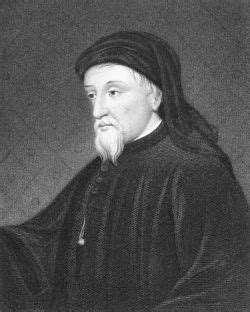A Quote by William Shakespeare
Love, whose month is ever May,
Spied a blossom passing fair,
Playing in the wanton air:
Through the velvet leaves the wind,
All unseen can passage find;
That the lover, sick to death,
Wish'd himself the heaven's breath.
Related Quotes
We feel the breath of the wind upon our cheeks, we see the dust and the leaves blowing before the wind, we see the vessels at sea driven swiftly towards their ports; but the wind itself remains invisible. Just so with the Spirit; we feel His breath upon our souls, we see the mighty things He does, but Himself we do not see. He is invisible, but He is real and perceptible.
I had a dog who loved flowers. Briskly she went through the fields, yet paused for the honeysuckle or the rose, her dark head and her wet nose touching the face of every one with its petals of silk with its fragrance rising into the air where the bees, their bodies heavy with pollen hovered - and easily she adored every blossom not in the serious careful way that we choose this blossom or that blossom the way we praise or don't praise - the way we love or don't love - but the way we long to be - that happy in the heaven of earth - that wild, that loving.
The month of May was come, when every lusty heart beginneth to blossom, and to bring forth fruit; for like as herbs and trees bring forth fruit and flourish in May, in likewise every lusty heart that is in any manner a lover, springeth and flourisheth in lusty deeds. For it giveth unto all lovers courage, that lusty month of May.
The wind outside nested in each tree, prowled the sidewalks in invisible treads like unseen cats. Tom Skelton shivered. Anyone could see that the wind was a special wind this night, and the darkness took on a special feel because it was All Hallows' Eve. Everything seemed cut from soft black velvet or gold or orange velvet. Smoke panted up out of a thousand chimneys like the plumes of funeral parades. From kitchen windows drifted two pumpkin smells: gourds being cut, pies being baked.
You are Life passing through your body, passing through your mind, passing through your soul. Once you find that out, not with logic, not with the intellect, but because you can feel that Life-you find out that you are the force that makes the flowers open and close, that makes the hummingbird fly from flower to flower. You find out that you are in every tree, and you are in every animal, vegetable, and rock. You are that force that moves the wind and breathes through your body. The whole universe is a living being that is moved by that force, and that is what you are. You are Life.
Pleasure and pain at once register upon the lover, inasmuch as the desirability of the love object derives, in part, from its lack. To whom is it lacking? To the lover. If we follow the trajectory of eros we consistently find it tracing out this same route: it moves out from the lover toward the beloved, then ricochets back to the lover himself and the hole in him, unnoticed before. Who is the subject of most love poems? Not the beloved. It is that hole.




































